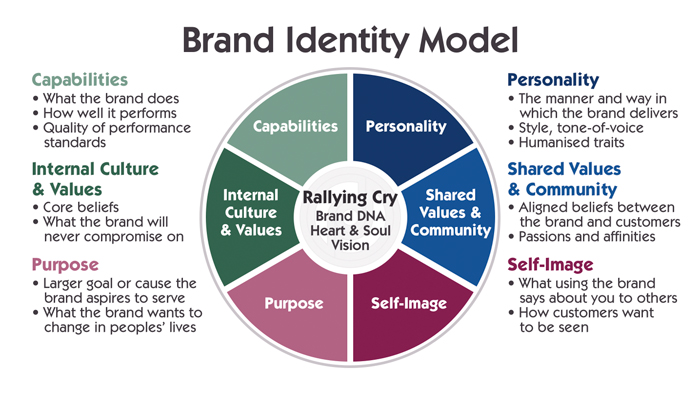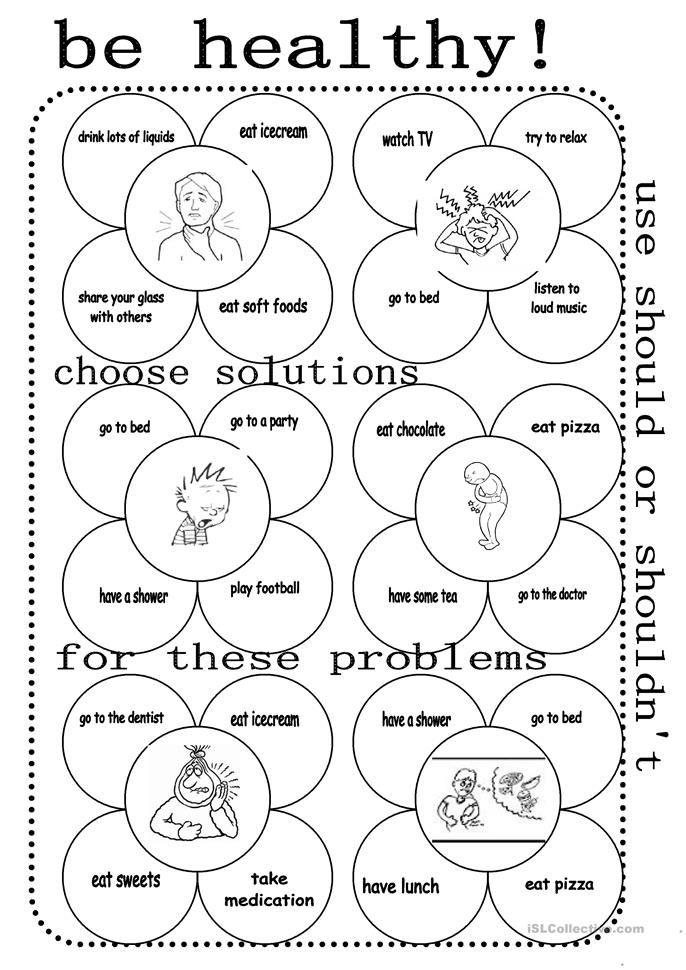How to get healthy mentally
10 tips to boost your mental health
“Mental health” refers to your overall psychological well-being. It includes the way you feel about yourself, the quality of your relationships, and your ability to manage your feelings and deal with difficulties.
Anyone can experience mental or emotional health problems — and over a lifetime, many of us will. One in five Canadians lives with mental-health or substance-use problems.
These tips can help you elevate your mood, become more resilient and enjoy life more.
1. Make social connection — especially face-to-face — a priority
Phone calls and social networks have their place, but few things can beat the stress-busting, mood-boosting power of quality face-to-face time with other people, especially those you love and people who energize you.
2. Stay active
Staying active is as good for the brain as it is for the body. Regular exercise or activity can have a major impact on your mental and emotional health, relieve stress, improve memory, and help you sleep better.
3. Talk to someone
Talk to a friendly face. If you have concerns, stresses or worries, sharing these with someone who cares is one of the most effective ways to calm your nervous system and relieve stress.
4. Appeal to your senses
Does listening to an uplifting song make you feel calm? Does squeezing a stress ball help you feel centred? What about taking a walk in nature and enjoying the sights and sounds of the trees? Everyone responds to sensory input a little differently, so experiment to find what works best for you.
5. Take up a relaxation practice
Yoga, mindfulness, meditation and deep breathing can help reduce overall levels of stress.
6. Make leisure and contemplation a priority
We can all be guilty of being "too busy" to take some down time, but leisure time is a necessity for emotional and mental health. Take some time to relax, contemplate, and pay attention to the positive things as you go about your day — even the small things.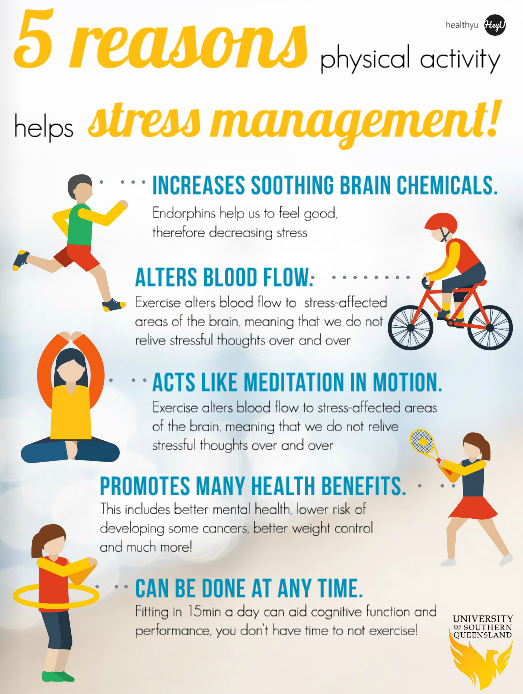 Write them down if you can, because they can be easy to forget. Then reflect on them later if your mood is in need of a boost.
Write them down if you can, because they can be easy to forget. Then reflect on them later if your mood is in need of a boost.
7. Eat a brain-healthy diet to support strong mental health
Foods that can support your mood include fatty fish rich in omega-3s, nuts (walnuts, almonds, cashews and peanuts), avocados, beans, leafy greens (spinach, kale and Brussels sprouts), and fresh fruit such as blueberries.
8. Don’t skimp on sleep
It matters more than you think. Sleep is our body and mind's best way to recharge and rejuvenate. One way to get sleep better is to take a break from the stimulation of screens — TV, phones, tablets or computers — in the hours before bedtime. Consider reading or listening to relaxing music instead.
9. Find purpose and meaning
This is different for everyone but finding purpose in your day is a big factor to good mental health. You might try one of the following:
- Engage in work that makes you feel useful
- Invest in relationships and spend quality time with people who matter to you
- Volunteer, which can help enrich your life and make you happier
- Care for others, which can be as rewarding and meaningful as it is challenging
- Think of one good deed or gesture to do each day
10.
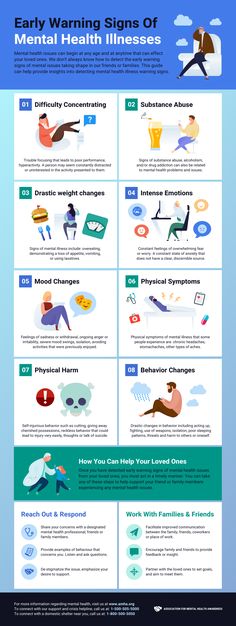 Get help if you need it
Get help if you need itIf you or a loved one needs support, there are many programs and resources that are available to you:
- Here to Help provides mental-health and substance-use information you can trust.
- Kelty Mental Health Centre serves children, youth and families.
- BC Crisis Centre is a non-profit, volunteer organization committed to helping people help themselves and others deal with crisis.
- Canadian Mental Health Association is a national charity that helps maintain and improve mental health for all Canadians.
- BC211.ca provides information and referrals regarding community, government and social services in B.C.
31 Tips to Boost Your Mental Health
1. Track gratitude and achievement with a journal. Include 3 things you were grateful for and 3 things you were able to accomplish each day.
2. Start your day with a cup of coffee. Coffee consumption is linked to lower rates of depression. If you can’t drink coffee because of the caffeine, try another good-for-you drink like green tea.
If you can’t drink coffee because of the caffeine, try another good-for-you drink like green tea.
3. Set up a getaway. It could be camping with friends or a trip to the tropics. The act of planning a vacation and having something to look forward to can boost your overall happiness for up to 8 weeks!
4, Work your strengths. Do something you're good at to build self-confidence, then tackle a tougher task.
5. Keep it cool for a good night's sleep. The optimal temperature for sleep is between 60 and 67 degrees Fahrenheit.
6. "You don't have to see the whole staircase, just take the first step." - Martin Luther King, Jr. Think of something in your life you want to improve, and figure out what you can do to take a step in the right direction.
7. Experiment with a new recipe, write a poem, paint or try a Pinterest project. Creative expression and overall well-being are linked.
8. Show some love to someone in your life. Close, quality, relationships are key for a happy, healthy life.
9. Boost brainpower by treating yourself to a couple pieces of dark chocolate every few days. The flavonoids, caffeine, and theobromine in chocolate are thought to work together to improve alertness and mental skills.
10. “There is no greater agony than bearing an untold story inside of you.” -Maya Angelou. If you have personal experience with mental illness or recovery, share on Twitter, Instagram and Tumblr with #mentalillnessfeelslike. Check out what other people are saying here.
11. Sometimes, we don't need to add new activities to get more pleasure. We just need to soak up the joy in the ones we've already got. Trying to be optimistic doesn't mean ignoring the uglier sides of life. It just means focusing on the positive as much as possible.
12.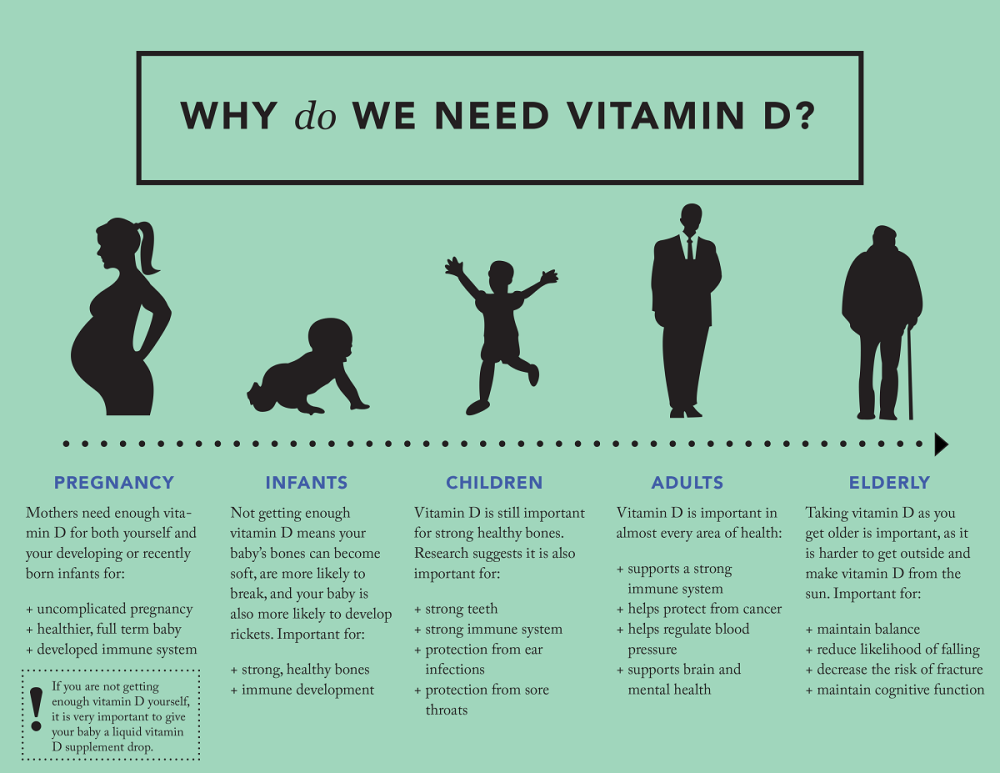 Feeling anxious? Take a trip down memory lane and do some coloring for about 20 minutes to help you clear your mind. Pick a design that's geometric and a little complicated for the best effect. Check out hundreds of free printable coloring pages here.
Feeling anxious? Take a trip down memory lane and do some coloring for about 20 minutes to help you clear your mind. Pick a design that's geometric and a little complicated for the best effect. Check out hundreds of free printable coloring pages here.
13. Take time to laugh. Hang out with a funny friend, watch a comedy or check out cute videos online. Laughter helps reduce anxiety.
14. Go off the grid. Leave your smart phone at home for a day and disconnect from constant emails, alerts, and other interruptions. Spend time doing something fun with someone face-to-face.
15. Dance around while you do your housework. Not only will you get chores done, but dancing reduces levels of cortisol (the stress hormone), and increases endorphins (the body's "feel-good" chemicals).
16. Go ahead and yawn. Studies suggest that yawning helps cool the brain and improves alertness and mental efficiency.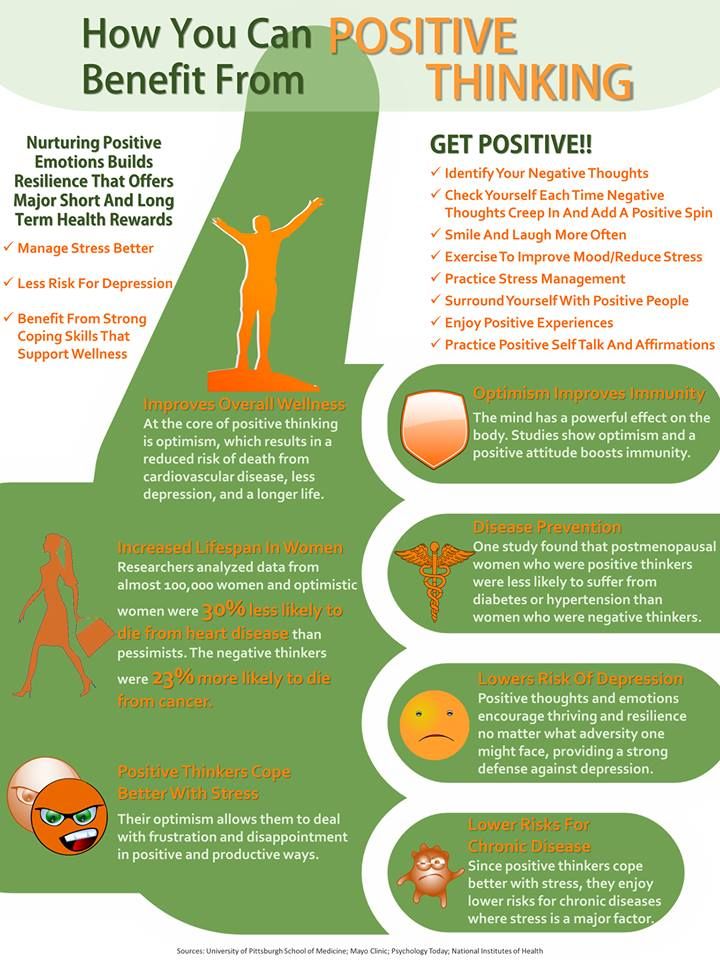
17. Relax in a warm bath once a week. Try adding Epsom salts to soothe aches and pains and help boost magnesium levels, which can be depleted by stress.
18. Has something been bothering you? Let it all out…on paper. Writing about upsetting experiences can reduce symptoms of depression.
19. Spend some time with a furry friend. Time with animals lowers the stress hormone - cortisol, and boosts oxytocin - which stimulates feelings of happiness. If you don’t have a pet, hang out with a friend who does or volunteer at a shelter.
20. “What lies before us and what lies behind us are small matters compared to what lies within us. And when you bring what is within out into the world, miracles happen.” - Henry David Thoreau. Practice mindfulness by staying "in the present." Try these tips.
21. Be a tourist in your own town. Often times people only explore attractions on trips, but you may be surprised what cool things are in your own backyard.
22. Try prepping your lunches or picking out your clothes for the work week. You'll save some time in the mornings and have a sense of control about the week ahead.
23. Work some omega-3 fatty acids into your diet–they are linked to decreased rates of depression and schizophrenia among their many benefits. Fish oil supplements work, but eating your omega-3s in foods like wild salmon, flaxseeds or walnuts also helps build healthy gut bacteria.
24. Practice forgiveness - even if it's just forgiving that person who cut you off during your commute. People who forgive have better mental health and report being more satisfied with their lives.
25. "What appear to be calamities are often the sources of fortune." - Disraeli. Try to find the silver lining in something kind of cruddy that happened recently.
26. Feeling stressed? Smile. It may not be the easiest thing to do, but smiling can help to lower your heart rate and calm you down.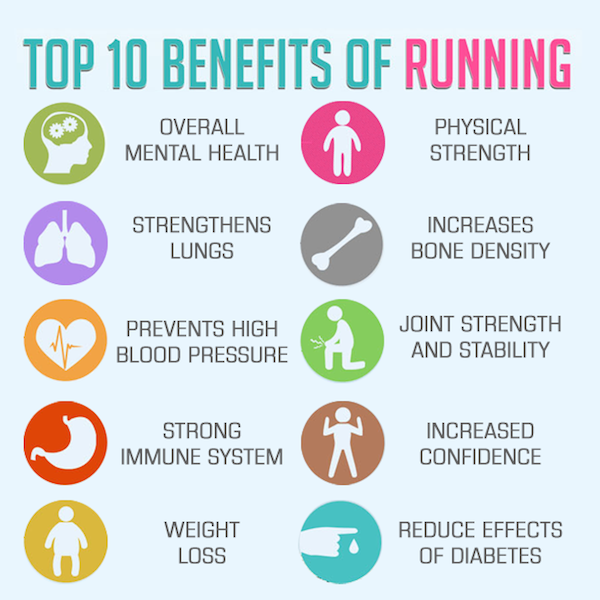
27. Send a thank you note - not for a material item, but to let someone know why you appreciate them. Written expressions of gratitude are linked to increased happiness.
28. Do something with friends and family - have a cookout, go to a park, or play a game. People are 12 times more likely to feel happy on days that they spend 6-7 hours with friends and family.
29. Take 30 minutes to go for a walk in nature - it could be a stroll through a park, or a hike in the woods. Research shows that being in nature can increase energy levels, reduce depression and boost well-being.
30. Do your best to enjoy 15 minutes of sunshine, and apply sunscreen. Sunlight synthesizes Vitamin D, which experts believe is a mood elevator.
31. "Anyone who has never made a mistake has never tried anything new." -Albert Einstein. Try something outside of your comfort zone to make room for adventure and excitement in your life.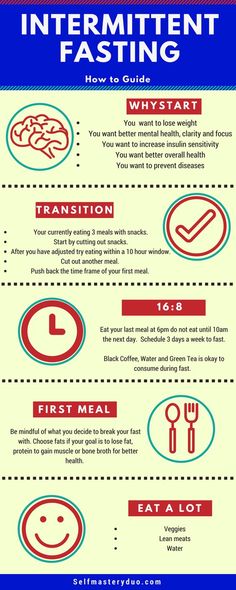
5 steps to mental health
September 30, 2017 Health
Lifehacker tells how to keep the psyche normal, even if there is a complete mess around.
We know what to do to stay healthy physically: eat right, exercise, do not overwork and walk a lot. It turns out that some of this also works for mental health. If you are not sick, a few good habits will help improve your mood.
What you need for a healthy mind
A person needs to know that he can do what he wants. A sense of confidence, satisfaction with life, joy and employment, a sense of unity with the world are also important for the mental state, as well as self-esteem. A person needs a good relationship that brings satisfaction.
Happiness is part of mental health. But happiness isn't everything.
Sarah Stewart-Brown
Professor of Medicine at the University of Warwick
Mentally well people also face difficulties, they cannot always be happy.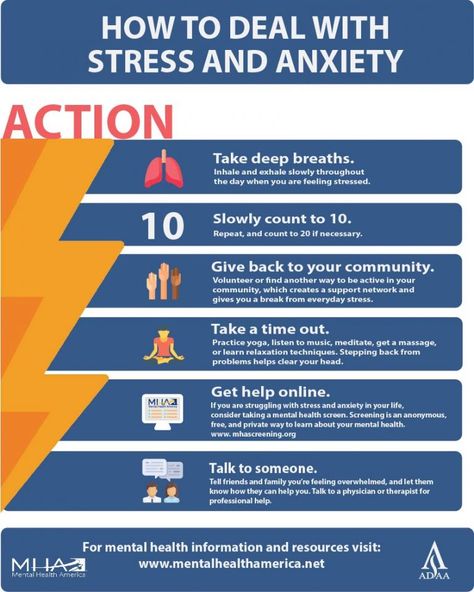 But on difficult days, a healthy person knows that he has enough strength and flexibility to cope. No one can provide a person with this well-being better than himself. The UK National Health Service says it only takes five steps. nine0003
But on difficult days, a healthy person knows that he has enough strength and flexibility to cope. No one can provide a person with this well-being better than himself. The UK National Health Service says it only takes five steps. nine0003
These are working ways to make yourself feel better. Even if something doesn't seem right for you, don't dismiss these tips. Think, maybe in your life there is a way to somehow apply them. And if you do all this, but do not feel that very well-being, are you doing everything as it should?
How to achieve mental health
1. Communicate with people
With your family, friends or colleagues, neighbors. You don't need to talk to everyone, especially if the very thought of calling relatives is terrifying. nine0003
Man is a social animal, so communication with other people increases self-esteem and gives a sense of belonging to something greater.
In strong relationships with family and friends, we share feelings, we are understood, we receive support and support others ourselves, and the opportunity to give is as important to us as the opportunity to receive.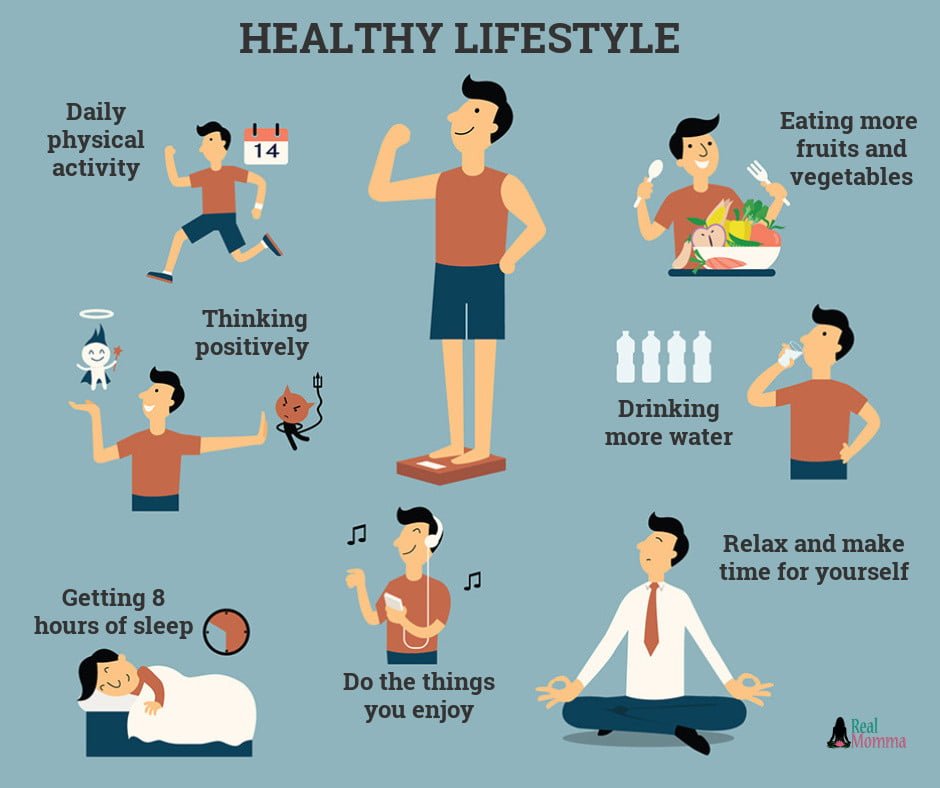 And another important detail: if the people around you are prosperous and know how to be happy, you learn the same from them.
And another important detail: if the people around you are prosperous and know how to be happy, you learn the same from them.
How to work on relationships
Communicate with family and friends, close people. Learn to listen and support, as well as talk about yourself. It is not necessary to expand the circle of acquaintances, it is more important to make communication within it more interesting.
Also expand your professional contacts, connect with people with the same hobbies or the same professional responsibilities. This is necessary not only for psychological comfort, but also just to gain knowledge.
This is easy to say but harder to do, especially when social media creates the illusion of contact. Like and visit the page is not the same as chatting. These tips will help you maintain close relationships without replacing them with likes:
- Try to use communication programs that allow you to hear a voice or see a person. Make time for relationships.
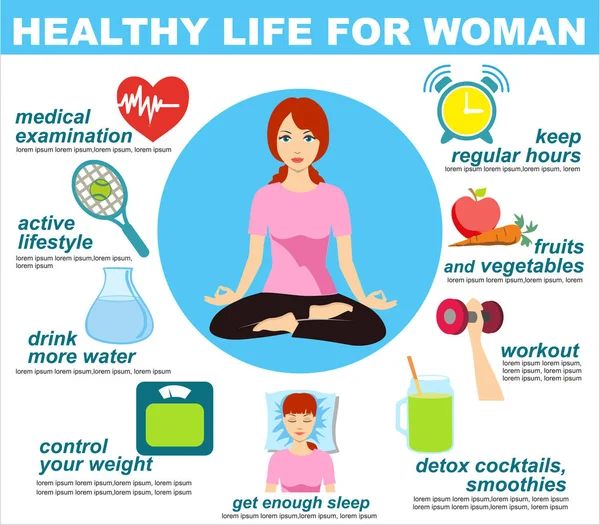 Every day in the schedule should be time for friends and family. Call, visit, schedule a meeting, send a postcard, but don't limit yourself to likes on social networks. At least chat on messenger.
Every day in the schedule should be time for friends and family. Call, visit, schedule a meeting, send a postcard, but don't limit yourself to likes on social networks. At least chat on messenger. - Choose a day to meet friends you haven't seen for a long time. You don't have to spend all day together. It is better to visit some kind of event: if you have not communicated for a long time, there may be awkward pauses in the conversation, and you can always discuss something at the cinema or at an exhibition. Don't schedule a meeting for several hours, but don't clog your schedule after it either. If it turns out that you want to talk longer, you can extend the conversation. nine0044
- If you watch TV or surf the Internet in the evenings, try replacing your gadgets with something that brings you together. Buy a board game and play with the whole family. Or just talk about abstract topics. If you don’t know what to talk about with your family, arrange a discussion club: open a website with news and discuss them, or even take topics from any English textbook.
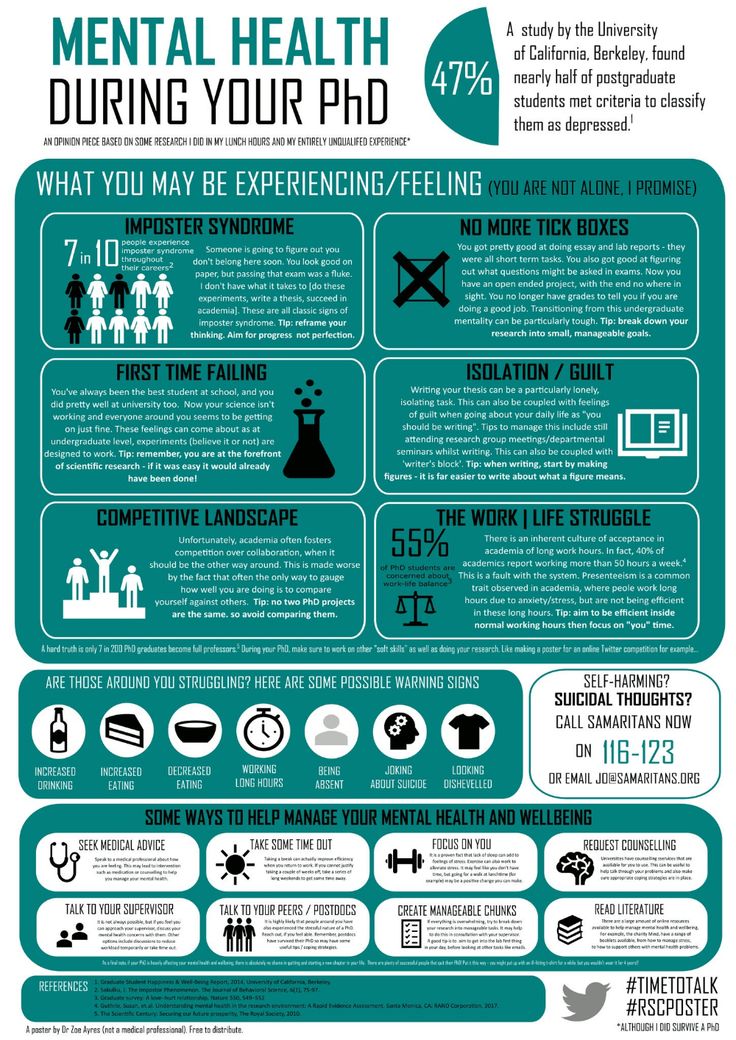
- Talk to someone new: a colleague from the next department, someone you cross paths with every day on the bus. nine0044
- Dine with co-workers and socialize if your team relationships allow for conversation.
- If you know a friend or family needs help, offer it today.
- Participate in community activities: volunteering at work, collecting things for an orphanage, defending the interests of your home or neighborhood. Choose the option that you do not through force.
2. Always keep learning
Study helps keep your brain sharp and reduces your risk of developing Alzheimer's disease. It also gives a reason to love yourself, just like sports. We are learning, so we are great. It is very important to feel comfortable. nine0003
It is not necessary to learn foreign languages or get another higher education. The process itself is important: read professional literature to develop skills. Go to cooking classes. Read non-fiction and fiction books.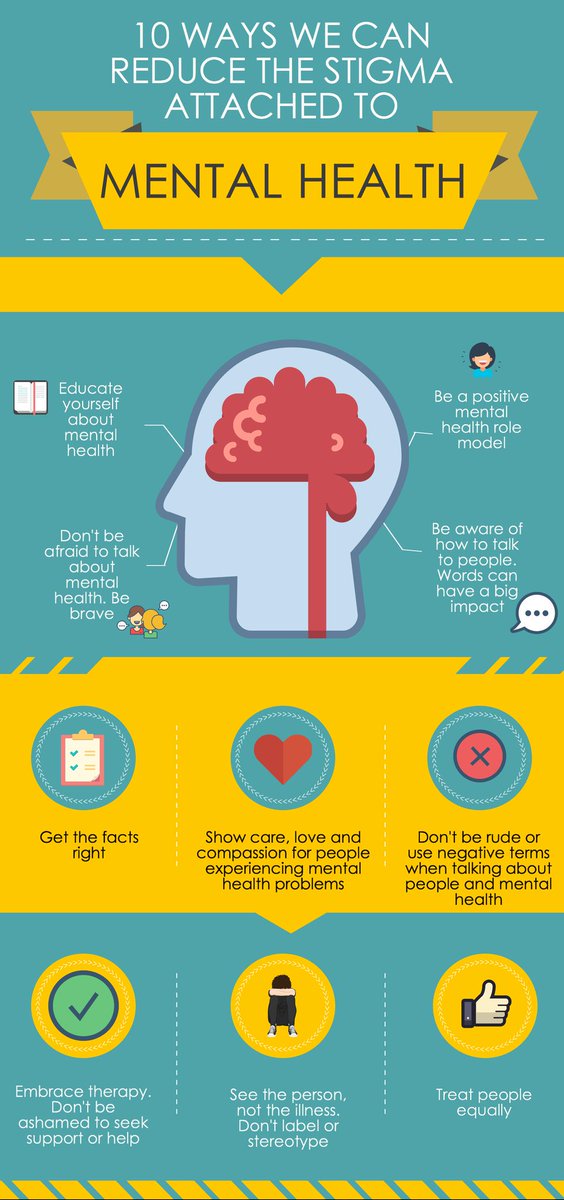 Learn new knitting patterns or make original bike racks.
Learn new knitting patterns or make original bike racks.
The main thing is to strive for something new.
If you are not interested in a topic, do not study it just because you have already started. Move on to an activity that will bring pleasure to the brain. It is even useful to change classes, because this way you have to switch between different activities. nine0003
3. Get moving
You don't have to go to the gym or go for a run to get moving. It is important that the body works, and how exactly is a matter of choice. Someone likes team games like volleyball, someone prefers to dance, and someone prefers to walk the dog. Activity is necessary not only for the body, but also for the brain.
Mental problems, even the most insignificant ones, are the same chemistry as all processes in the body. Exercise is a way to regulate these chemical processes by producing hormones that are released in response to activities.
nine0003
Another plus is that when we play sports, we think it's great. Sport is a reason to be proud of yourself, another reason why you should love yourself.
- Choose the sport you like.
- Start exercising regularly.
- Be sure to record how you change.
4. Do good
It's easier than it looks. You don’t even have to look for old women to take them across the road, or donate part of your salary to foundations. nine0003
Say "thank you" to the bus driver who took you to work in the morning, say good morning to the security guard, smile at the cashier at the supermarket. It's not difficult, and the brain puts such actions in the "good deeds" piggy bank, and this affects the same chemistry as sports.
The second level is simple help. Explain to a newcomer at work how to cope with tasks easier, help the parent committee at school, bring food to the door for elderly neighbors, help parents with a stroller get into public transport.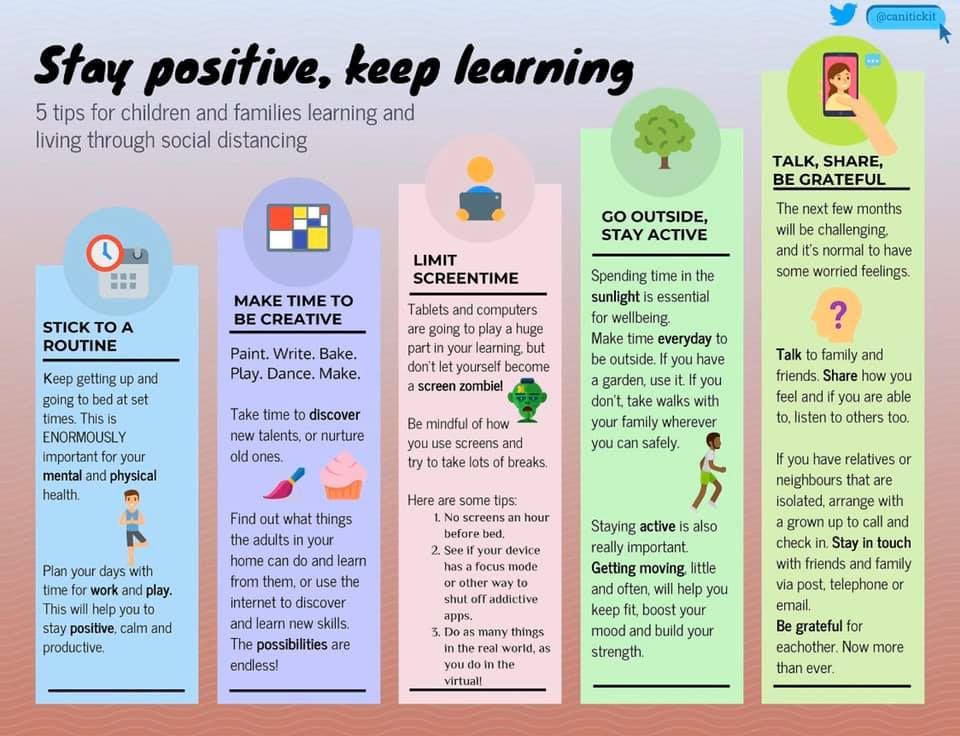 nine0003
nine0003
If you have a desire to do more, you can join the volunteer activity, just evaluate your strength first.
5. Stay in touch with reality
It is important for mental health to live in the present, not thinking about the past and what has not happened (and may never happen).
You need to live in the present, feel yourself and your body. Some call this state of mindfulness.
This is the state in which you know exactly what is happening around you and with you. It only seems that it is simple, but in fact it requires attention to yourself and uncompromising honesty. For example, to understand why you are angry: not because your family did not wash the dishes again, but because you are annoyed since the morning because of a failure at work, and now you are only looking for an excuse to throw out your irritation. nine0003
With mindfulness, we make the right decisions because we understand all the circumstances and know what we want. Mindfulness is not just a beautiful word, but a way of perceiving life. It is essential for our mental health.
Mindfulness is not just a beautiful word, but a way of perceiving life. It is essential for our mental health.
In harmony with oneself and the world: 7 criteria for mental health
About a quarter of Russians (23.8%) experience constant stress, which leads to a deterioration in mental and physical conditions, which are strongly interconnected, although this was not previously recognized. How to understand that everything is in order with you or, conversely, that something is wrong with you? What body signals indicate that it is time to contact a specialist? Is it possible to always be absolutely mentally healthy? Based on the WHO recommendations, we understand the criteria for mental health. nine0025
Is absolute mental health possible? and contribute to the life of the community. It is necessary to maintain this state in the same way as physical health. Jenna Macciochi in her book Immunity. The science of how to be healthy” has repeatedly said that psychology and immunity are closely related, so the common expression “all diseases are from nerves” is true.
 nine0003
nine0003 “The immune response is one of the many tools the body uses to respond to both positive and negative circumstances. Immune cells do not just passively implement their protective mechanisms - they actively respond to external signals, primarily from the brain, and act in accordance with them.
Jenna Macciochi. "Immunity. The science of how to be healthy”
The Austrian psychologist Sigmund Freud defined mental health as “the ability to love and work”, and in this definition one can observe the energy model of the psyche he developed. According to her, healthy development is directly related to the effective redistribution of energy for life goals and personal life. Sociologist Talcott Parsons meant by mental health "a person's ability to function fully in basic social roles" . At the same time, the scientist argued that absolute mental health does not exist, since a person can manifest himself in completely different ways in different social roles, especially since he is exposed to external circumstances.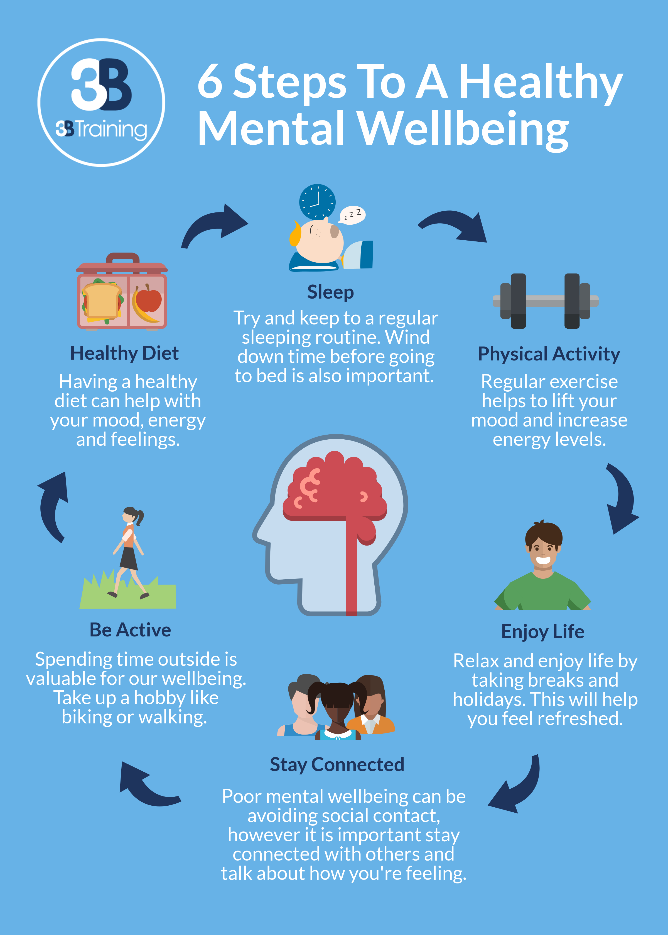 Only some are more susceptible to destruction, while others are less.
Only some are more susceptible to destruction, while others are less.
Mental health criteria
Awareness of the sense of continuity of the physical and mental self
The continuity of the mental and physical "I" means that you constantly feel yourself. For example, after waking up, you almost immediately remember who you are and where you are, and you are aware of this during the entire period of wakefulness. In the case of mental disorders, a person may periodically not understand who he is and why he is in this or that place, how and why he performs this or that action.
Permanence and identity of experiences in situations of the same type
If the same situations provoke different states, this is a signal that you should listen to yourself. Let's say you usually get excited when a team hits a KPI. However, if you suddenly begin to experience other conflicting emotions in this situation, such as irritation, it may be time to be wary. It can manifest itself not only in work, but also in everyday situations, for example, while walking with a dog.
It can manifest itself not only in work, but also in everyday situations, for example, while walking with a dog.
Critical attitude towards oneself
Being critical of oneself (of course, in moderation), doubting some of one's actions is normal and necessary for regulating behavior. Asking Yourself Questions "Is it really so?" , "Can I do this?" , a person admits that he is not the ultimate truth. However, excessive self-criticism that interferes with your daily routine is a reason to start worrying.
Correspondence of mental reactions to the strength and frequency of influences and social circumstances
When your emotions correspond to the circumstances, you experience joy if the situation suggests it, and get upset if something unpleasant happens. The criterion allows you to understand that the experience of both positive and negative emotions is a normal phenomenon. The main thing is that they arise in appropriate circumstances. nine0003
The ability to control one's behavior
A mentally healthy person is able to recognize his emotions and control them, he consciously performs actions and understands their purpose.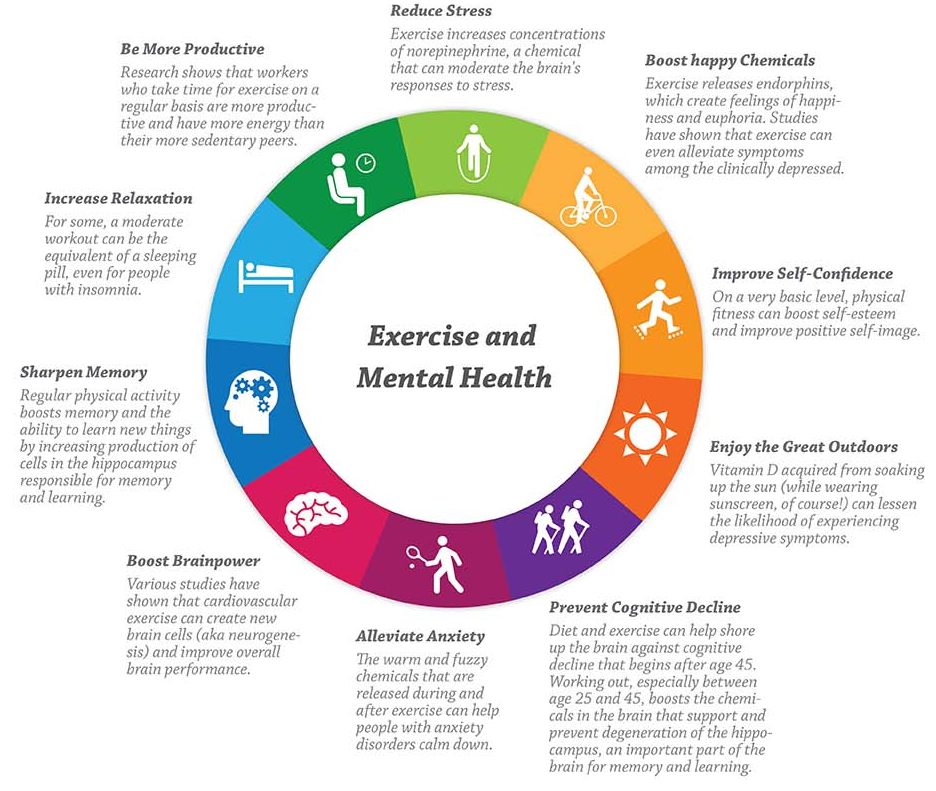

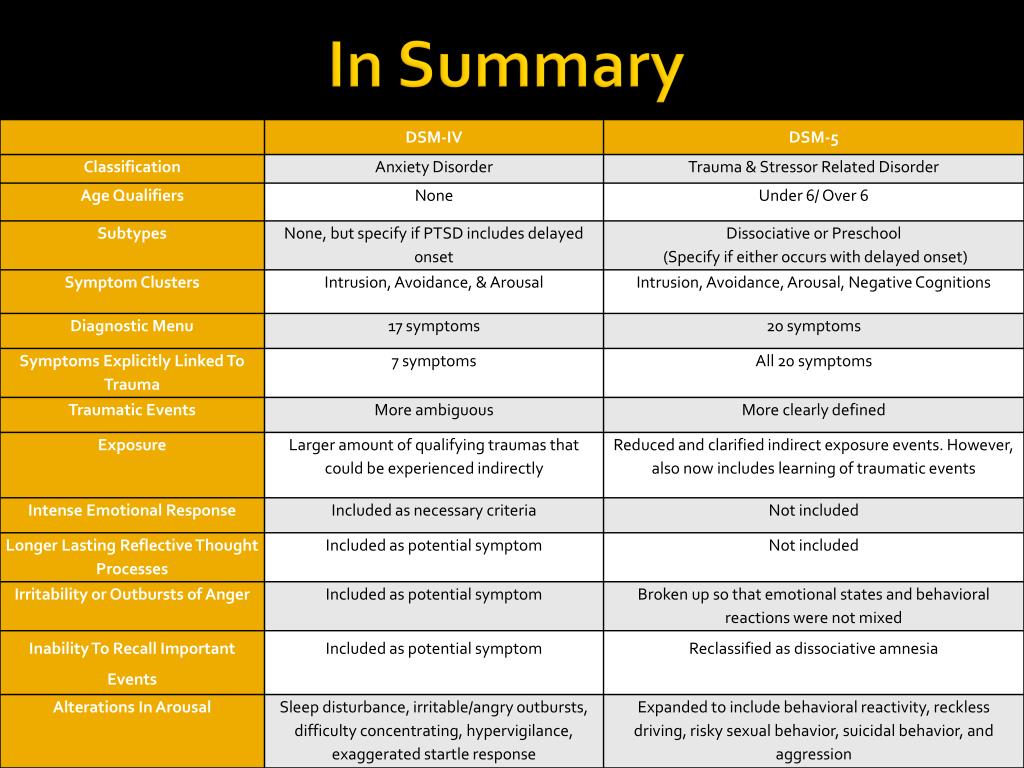

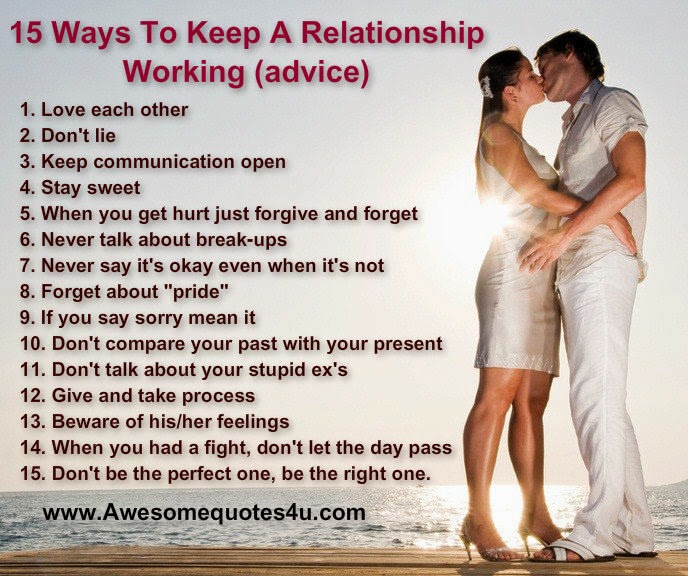.jpg)

